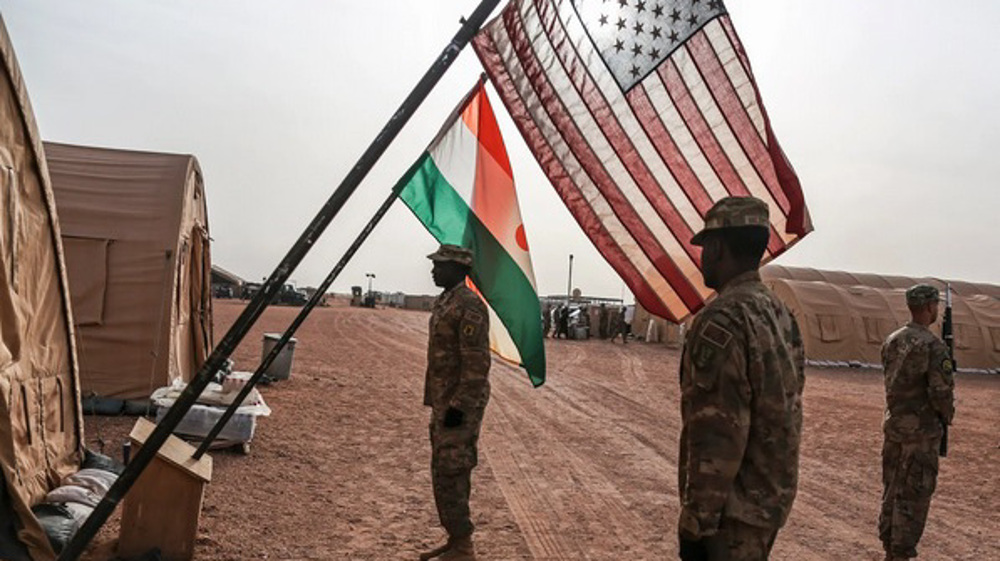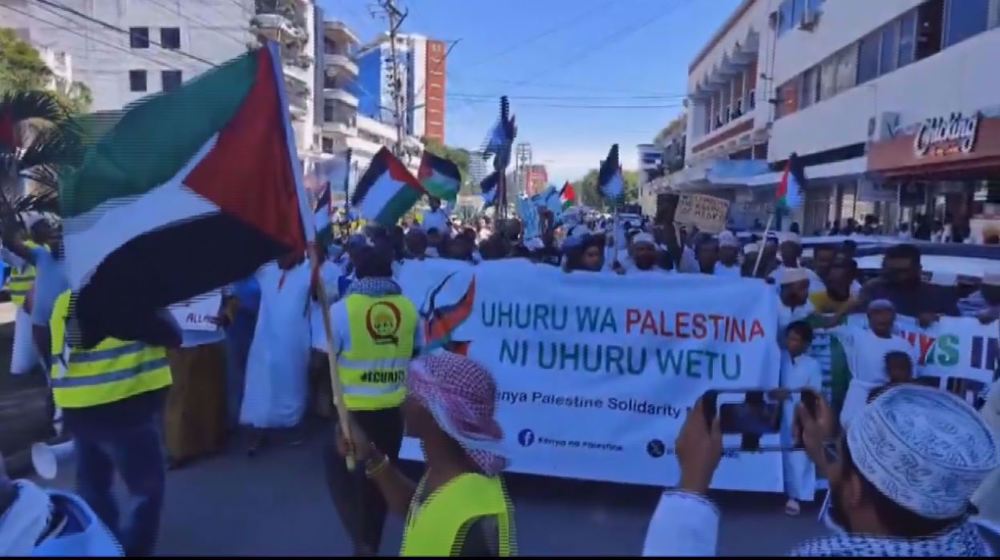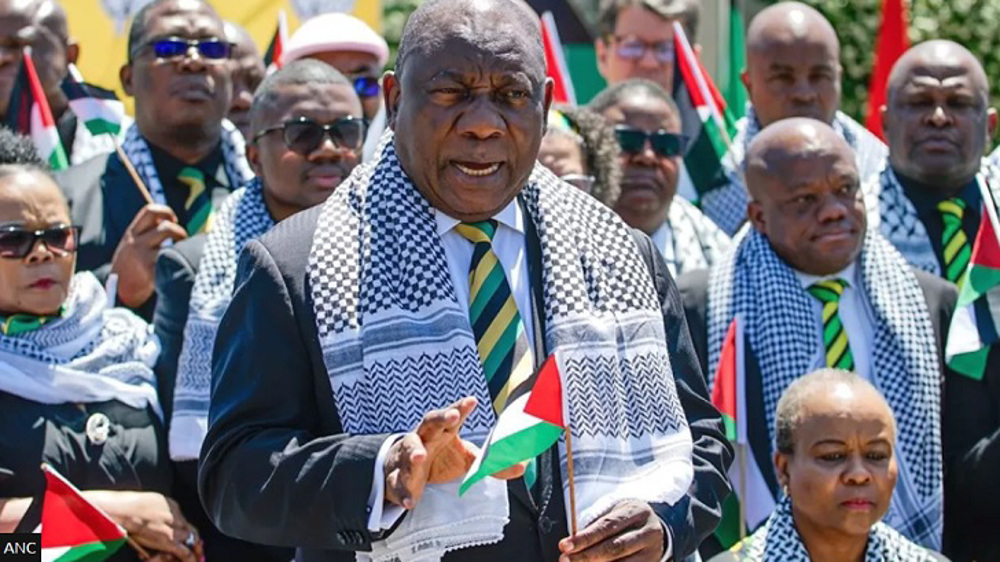Sierra Leone elections: Post-Ebola stability on the horizon?
Held on March 7, these are the fourth elections since the end of the civil war in 2002 and the first since the Ebola epidemic. The incumbent, Ernest Bai Koroma, having served two terms is barred by the constitution for contesting for a third term.
Although 16 candidates, including two women, are vying for the presidency, only three stood any realistic chance of winning the election. Mr Koroma’s handpicked successor and ruling All People’s Congress (APC) candidate, Samura Kamara, is the favourite.
A former foreign and finance minister and ex-governor of the Central Bank Sierra Leone, Mr Kamara’s chances looked dimmed when he was eliminated in the first round of the elections for the presidency of the African Development Bank. He, however, bounced back and regained Mr Koroma’s trust and was anointed by Mr Koroma over all the other 28 plus challengers within the APC. His selection has not led to any major defections from the ruling party although many remain unhappy with the selection process.
Mr. Kamara’s main challenger is expected to be Julius Maada Bio of the Sierra Leone People’s Party (SLPP).
The former military leader who ruled Sierra Leone for three months in 1996 having overthrown his former boss and friend, Valentine Strasser, is contesting his second election. He lost in 2012 to Mr. Koroma polling 37.4 percent of the votes in the second round as opposed to Mr. Koroma’s 58.7 percent.
A split in the SLPP, plus divisions over the selection of the running mate and some of its parliamentary candidates may seriously affect Mr. Bio’s chances of winning, though he sounds pretty confident of victory and says his party will not accept the results if the election is not credible.
President Koroma, an insurance broker by profession, has pursued free-market policies and encouraged foreign investment to rebuild the damage caused by the civil war. His predecessor, Ahmad Tejan Kabbah of the now-opposition Sierra Leone People's Party, ended the war by inviting in first Nigerian and then British troops to drive out rebel groups. He stepped down in 2007 after serving the maximum two permitted consecutive terms.
Media freedom in Sierra Leone is limited; media rights monitors say high-level corruption is a taboo topic, with officials using libel laws to target journalists. Challenges facing broadcasters include unreliable power supplies, poor funding and low advertising revenues. There are dozens of radio stations, most of them privately owned. This election run was significant because for the first time ever, all candidates were allowed time to debate on national TV.
The show will be an opportunity to report perhaps positively on Sierra Leone post-Ebola and without focus on the “blood diamond” trade during the civil war. Sierra Leone is a good example of a war-ravaged nation seemingly on the road to recovery, working out a peaceful electoral process.
At the time of writing, and according to partial results, Bio had 43.4 percent of the vote, while Kamara of the ruling All People's Congress (APC) had 42.6 percent. The other two main candidates - Kandeh Yumkella and Samuel Sam-Sumana - were on 7 percent and 3.4 percent, respectively. Full results are expected in the next few days.
‘Say no to Biden’: US college being pressed not to endorse genocide
VIDEO | UN: Alarming food insecurity crisis grips Afghanistan
VIDEO | Stuck in quagmire
UK suspends legal assessments of Israeli violations in Gaza
Students protest at US universities to urge end in financial ties to Israel
Biden signs war aid bill supplying Israel, Ukraine with more weapons
VIDEO | France, West warn Israel against escalation with Iran
Iran refutes Kuwait’s assertion of exclusive rights to Arash gas field









 This makes it easy to access the Press TV website
This makes it easy to access the Press TV website